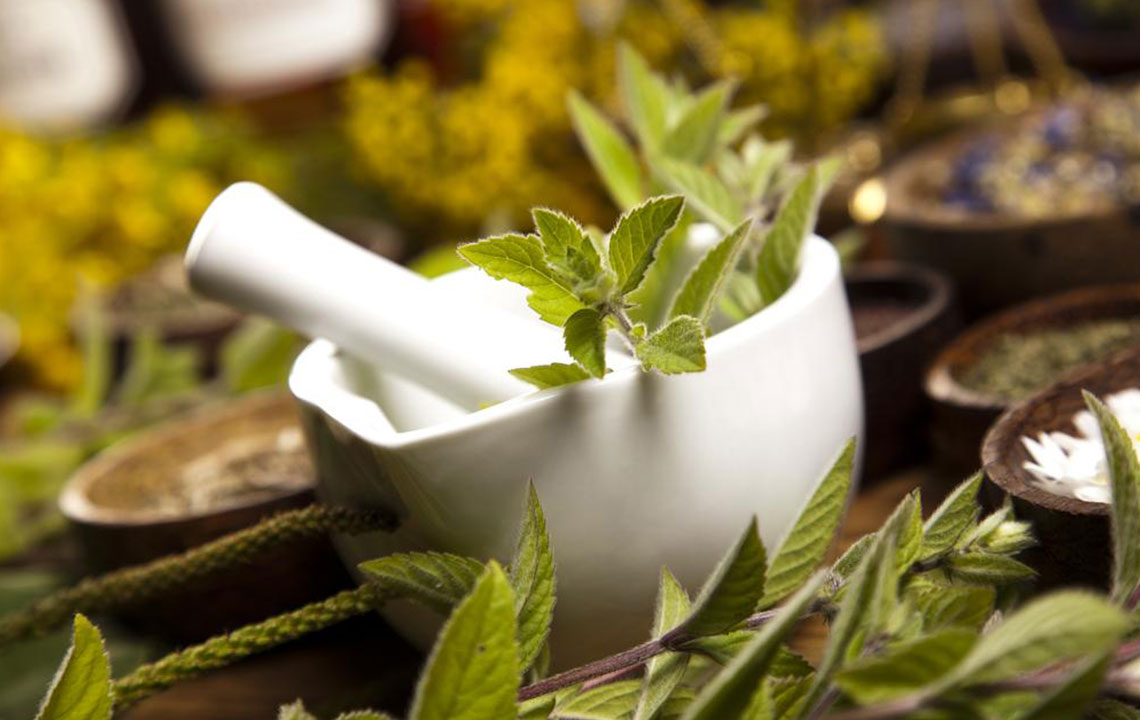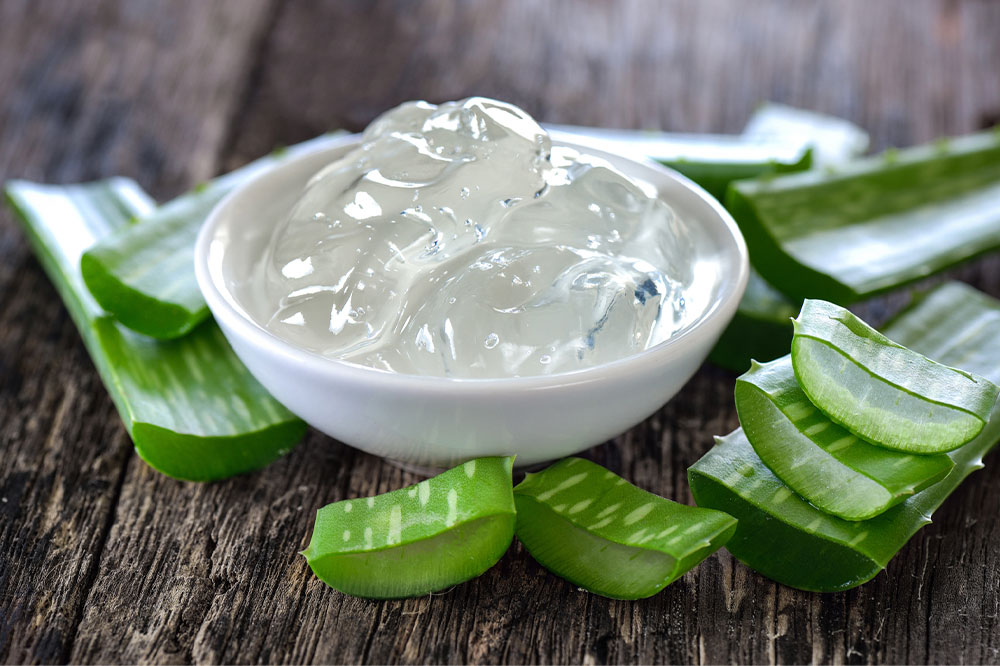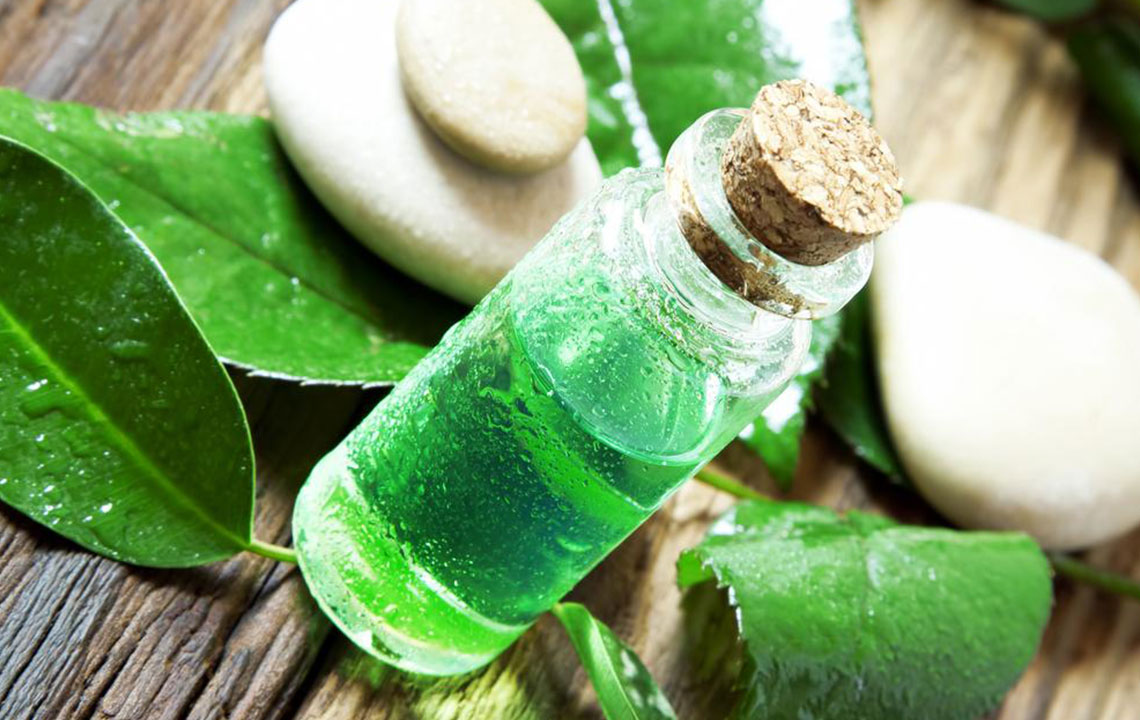Effective Natural Tips for Managing Psoriasis Symptoms at Home
Explore five natural home remedies to help alleviate psoriasis symptoms. From turmeric and apple cider vinegar to aloe vera and fish oil, discover effective strategies to reduce inflammation, soothe skin, and manage flare-ups. Combine these herbal tips with traditional treatments for optimal relief, and consult your healthcare provider for personalized advice.

Psoriasis is a long-term autoimmune skin disorder marked by red, flaky patches that often itch and cause irritation. Although a cure remains elusive, many individuals experience flare-ups that can last for weeks, interspersed with periods of remission. Natural herbal remedies can offer temporary relief by reducing inflammation and calming irritated skin. While they may not completely eliminate the condition, these strategies can help manage symptoms effectively.
Here are five natural methods to help control psoriasis symptoms:
Turmeric: This spice contains curcumin, known for its potent anti-inflammatory effects. Regular consumption through food or supplements may decrease flare frequency and influence gene activity associated with psoriasis.
Apple cider vinegar: Diluted apple cider vinegar can soothe scalp psoriasis by alleviating itching when applied as a rinse or soak. Be sure to dilute properly to avoid skin irritation, then moisturize afterward.
Tea tree oil: With antibacterial and anti-inflammatory qualities, tea tree oil is effective for scalp psoriasis. Mixing it with coconut oil before topical use can enhance healing and reduce infection risks.
Aloe vera: Known for its calming properties, aloe vera gel can help minimize redness and scaling. Use pure or organically sourced aloe vera for best results.
Fish oil: Omega-3 fatty acids in fish oil supplements help lower inflammation and skin scaling. Eating fatty fish like salmon or consuming vegetarian sources such as nuts and leafy greens 2-3 times a week can provide these benefits.
These natural options work best when combined with conventional treatments. Consistent use and patience are important, as improvements may take several months. Always consult a dermatologist before starting herbal remedies to ensure they suit your needs.


